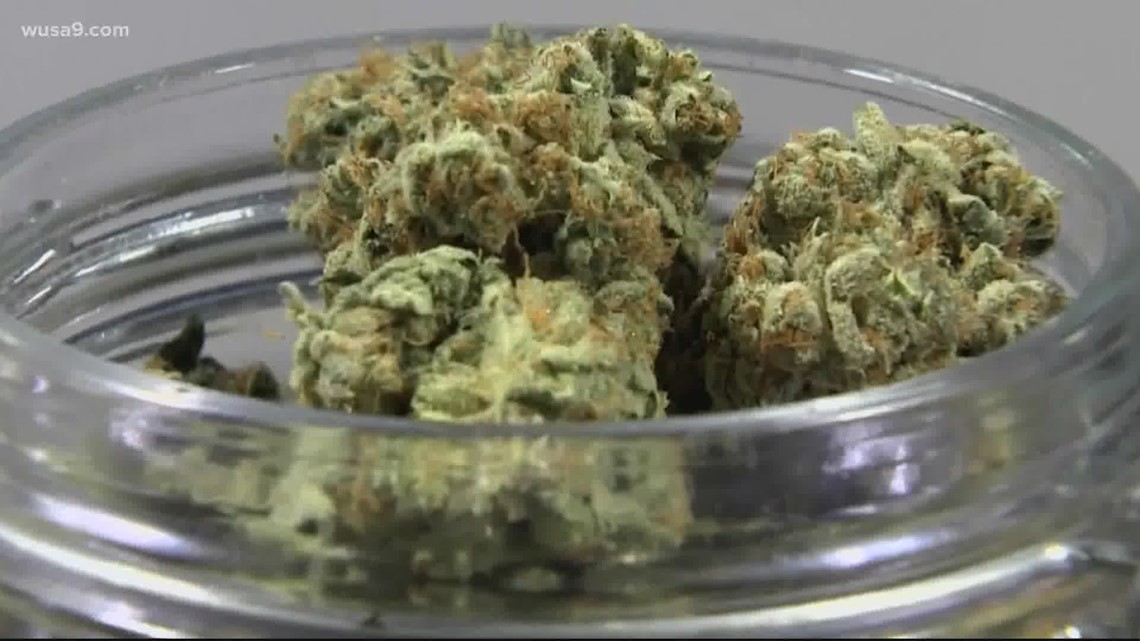Virginia has witnessed a significant shift in its approach to cannabis over the past few years, transitioning from a medical-only to a recreational marijuana-friendly state. This shift has brought about numerous changes, especially in weed dispensaries.
In this blog, we will explore the latest developments in Virginia’s weed dispensary landscape, focusing on the transition from medical to recreational dispensaries.
Medical vs. Recreational Dispensaries
Licensing and Regulations
One of the primary distinctions between medical and recreational dispensaries lies in their licensing and regulatory requirements. Medical dispensaries are established in Virginia to serve patients with qualifying medical conditions. The Virginia Board of Pharmacy regulates them and is subject to strict guidelines to ensure the safety and well-being of patients.
With the legalization of recreational marijuana, the state introduced a separate licensing framework for recreational dispensaries. These establishments are regulated by the Virginia Cannabis Control Authority (VCCA) and must comply with their own set of rules and regulations.
Supply and Demand
The shift from medical to recreational dispensaries has notably impacted the supply and demand of cannabis products in Virginia. With the broader accessibility of recreational dispensaries, there is an increased demand for cannabis products. This has led to adjustments in cultivation, production, and distribution to meet the growing needs of both medical patients and recreational consumers.
It’s important for dispensaries to manage their inventory effectively to ensure they can meet the demands of both market segments while maintaining product quality and consistency.
Accessibility
Virginia medical marijuana dispensaries are accessible to registered patients who have obtained a valid medical cannabis card. These patients can purchase medical marijuana products to address their specific medical needs.
On the other hand, recreational dispensaries are open to adults aged 21 and older, regardless of their medical condition. This broader accessibility has led to an increase in the number of individuals visiting dispensaries.
Product Variety
Both medical and recreational dispensaries offer a range of cannabis products, including flowers, edibles, concentrates, and topicals. However, the availability and diversity of products may differ between the two. Medical dispensaries often prioritize strains and products tailored to specific medical conditions, while recreational dispensaries cater to a broader consumer base.
Taxation
Taxation is another key difference between medical and recreational cannabis sales in Virginia. Recreational cannabis products are subject to additional taxes, including a 21% state tax and local taxes, making them more expensive than their medical counterparts.
Patient vs. Customer Focus
Virginia medical marijuana dispensaries place a strong emphasis on patient care and education. Their staff is trained to provide guidance on strains and products that may best address specific medical conditions.
On the other hand, recreational dispensaries focus on serving a broader customer base, including individuals seeking cannabis for recreational use. While they may still offer educational resources, the primary goal is to provide a positive retail experience.
Important Points
Virginia’s transition from medical to recreational cannabis has significantly changed the state’s dispensary landscape. These changes include separate licensing and regulatory frameworks, increased accessibility for adults, differences in product offerings, taxation policies, and shifts in the focus of dispensaries from patients to customers.
As the cannabis industry in Virginia continues to evolve, residents should stay informed about the latest developments to make informed decisions when visiting weed dispensaries in VA. Whether seeking relief from a medical condition or simply exploring cannabis for recreational purposes, understanding the differences between medical and recreational dispensaries is crucial for a positive and safe experience.
Remember that the regulations and dynamics of the cannabis industry can change over time, so it’s important to keep up with the latest updates from state authorities to navigate this evolving landscape effectively.

